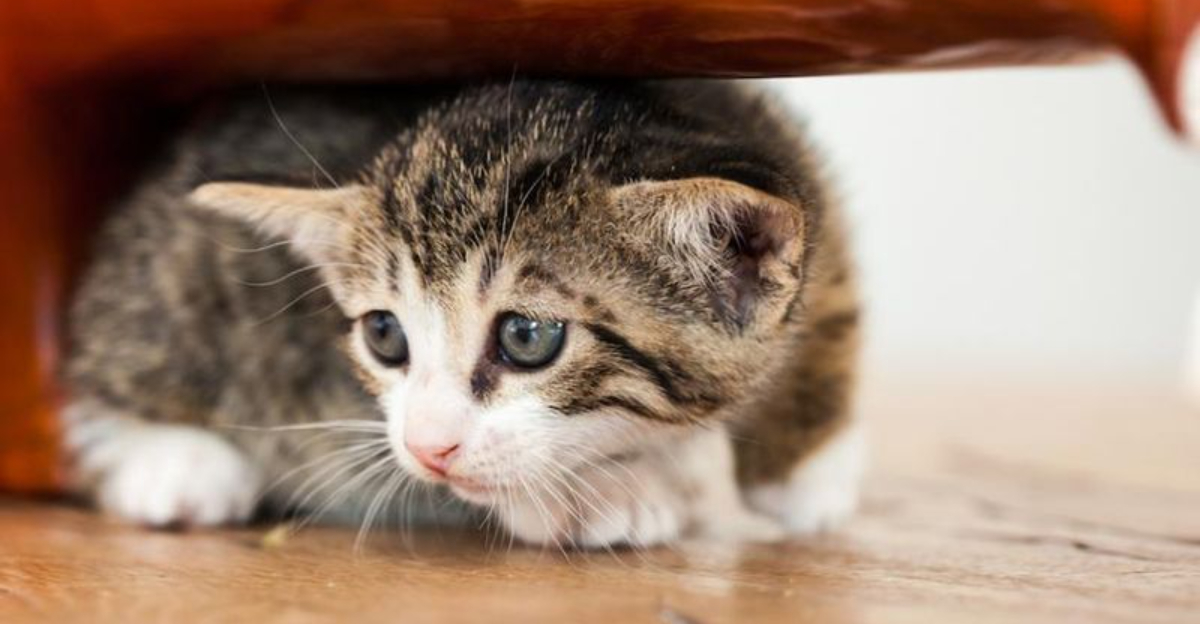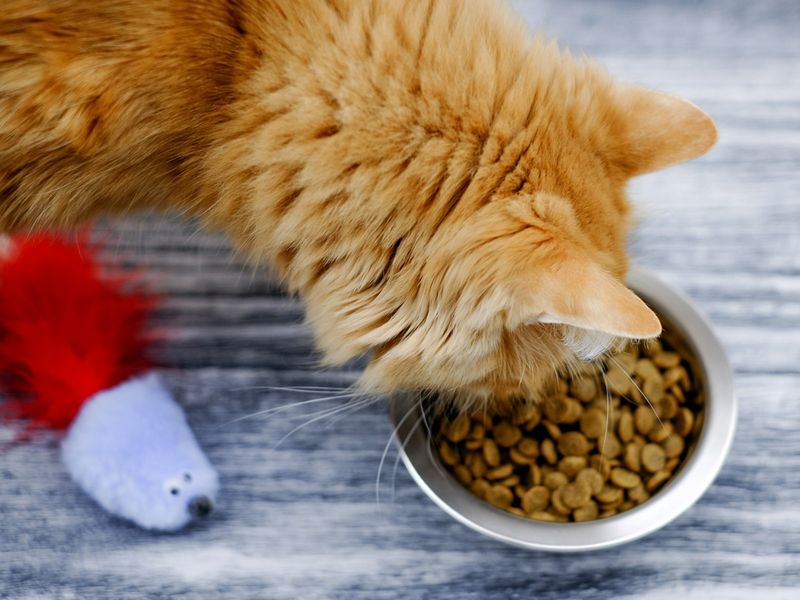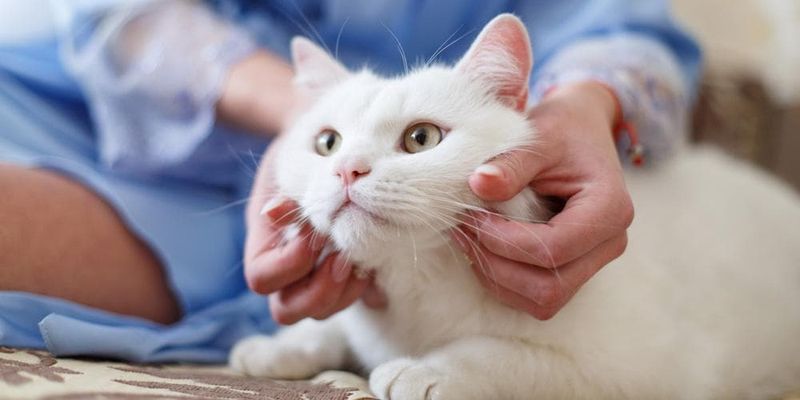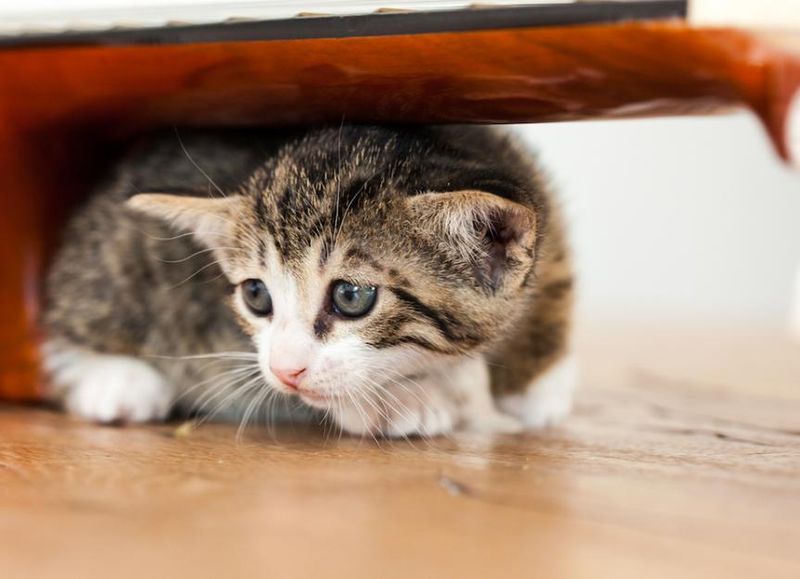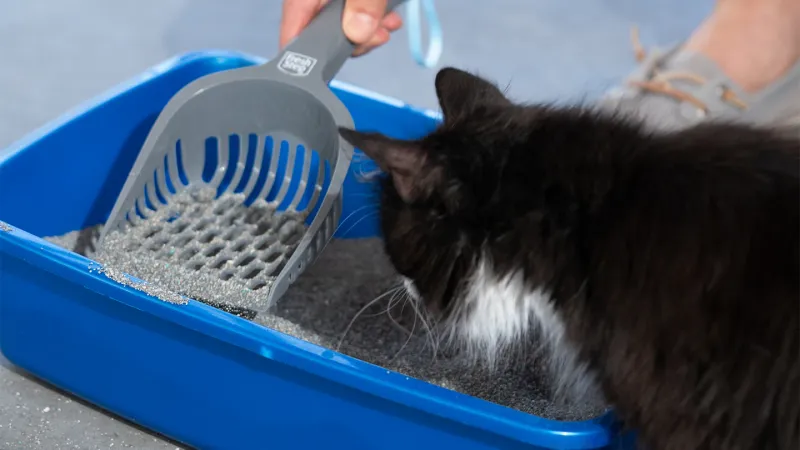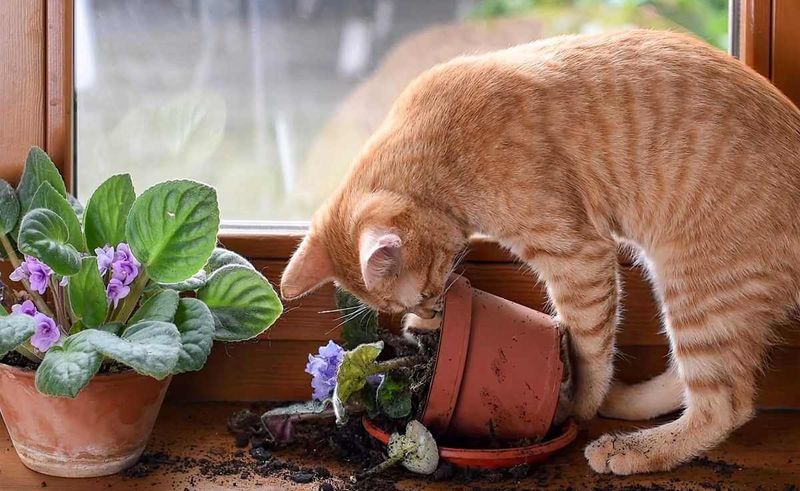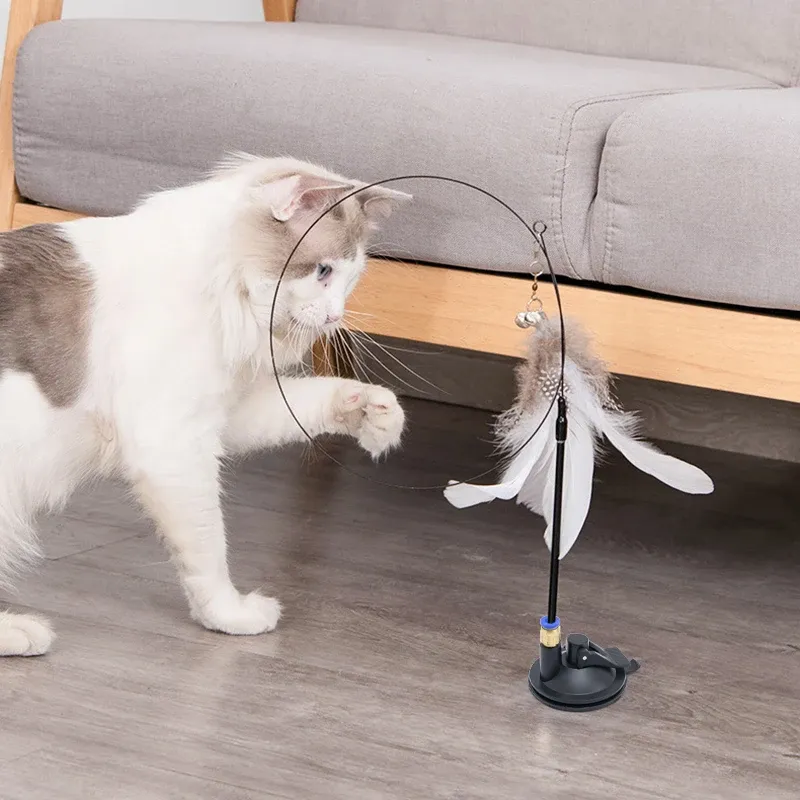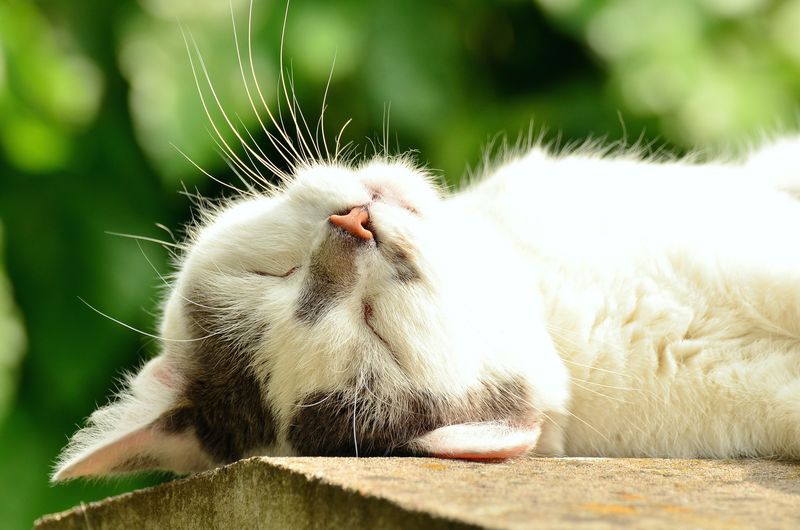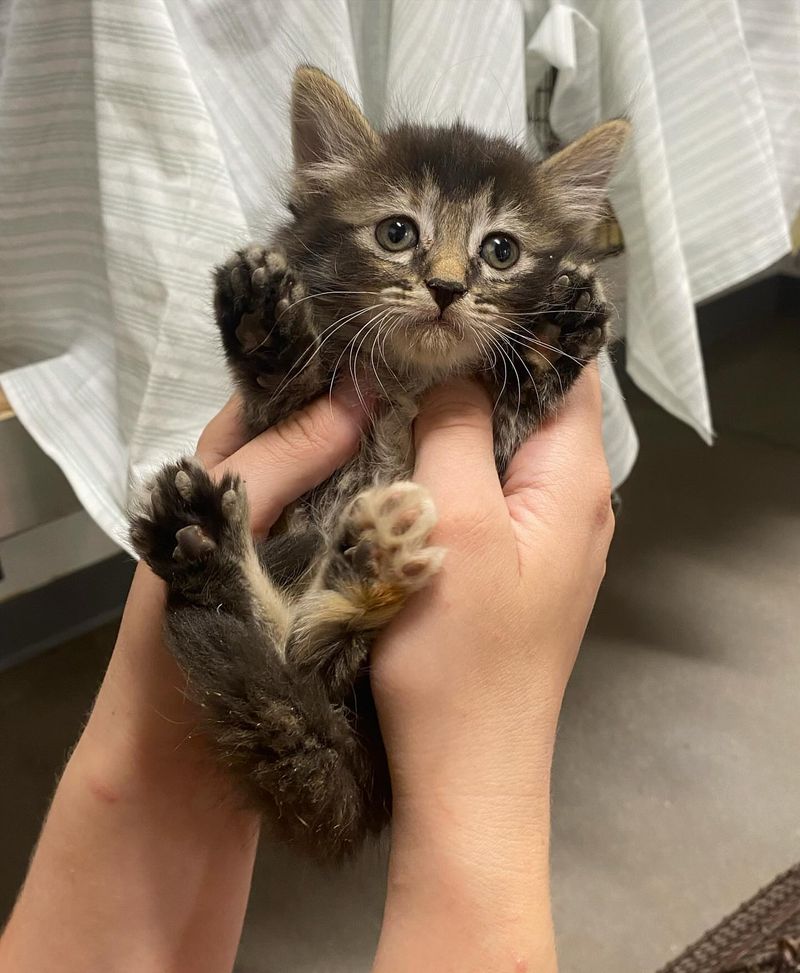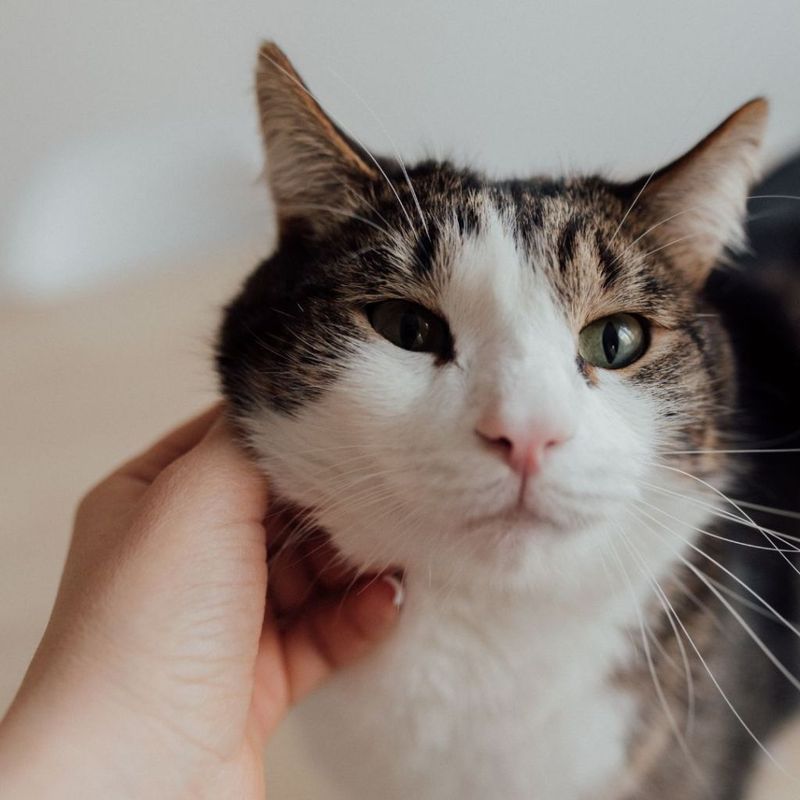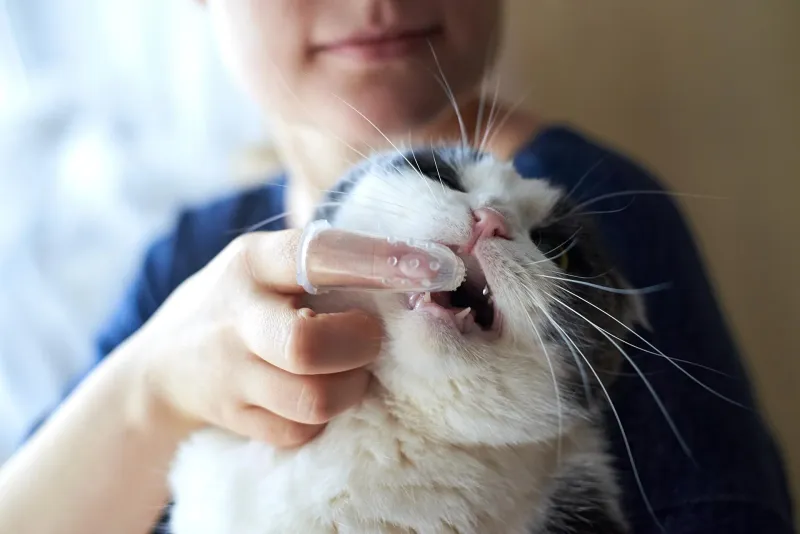📖 Table of Content:
Cats may seem aloof and independent, but they’re actually keeping score of your every move. These mysterious felines have remarkable memories, especially when it comes to how you treat them. Understanding what your cat remembers about your behavior can help strengthen your bond and avoid getting on their bad side.
1. Food Reliability
Late meals aren’t forgotten in the feline world. Cats create mental schedules around feeding times and remember precisely when you’ve missed their dinner or served breakfast late. Their internal clocks are surprisingly accurate, which is why your cat might wake you at exactly 6 AM every morning.
This memory serves an evolutionary purpose – wild cats needed to remember successful hunting locations and times. When you’re inconsistent with meals, cats don’t just get hungry; they lose trust in your reliability. Regular feeding schedules make cats feel secure and strengthen your bond.
2. Respect for Personal Space
Forced cuddles create lasting impressions on cats. Unlike dogs who might quickly forgive unwanted handling, cats log every instance when you’ve ignored their body language signals requesting space.
Your feline companion remembers when you’ve respected their boundaries versus times you’ve insisted on picking them up against their will. This memory shapes how much they’ll trust you during future interactions. Cats who feel their space is respected paradoxically seek more interaction with their humans. Letting cats initiate contact on their terms builds a foundation of trust that lasts throughout your relationship.
3. Shelter During Scary Times
Thunder crashes, visitors arrive, or the vacuum roars to life – these moments reveal your true colors to your cat. They never forget whether you provided safe hiding spots during frightening situations. Cats remember if you forced them to face fears or allowed them to retreat somewhere quiet. This memory influences how secure they feel in your home long-term.
When you consistently provide safe zones during stressful events, cats develop confidence knowing they can count on you. Creating accessible hiding spots and respecting when they need to use them builds unshakable trust between you.
4. Litter Box Maintenance
Clean bathroom facilities matter tremendously to cats. Their sensitive noses detect every trace of waste, and they remember how diligently you maintain their litter box. Cats associate neglected boxes with disrespect. They’re naturally clean animals who bury their waste in the wild, and dirty litter prevents this natural behavior.
Regular scooping communicates that you value their comfort and dignity. When cats know they can count on a clean bathroom space, they’re less likely to develop litter box avoidance issues – their passive-aggressive way of expressing dissatisfaction with your housekeeping skills.
5. Handling During Vet Visits
Veterinary trips reveal your true loyalty in your cat’s eyes. They remember whether you abandoned them to strangers or stayed close, providing comfort during examinations. Cats form powerful memories around these stressful experiences.
Your calm presence during medical procedures tells them you’re part of their protection team rather than someone who betrays them when things get uncomfortable. Bringing favorite blankets, speaking soothingly, and giving treats afterward creates positive associations. Cats who receive this support during healthcare visits typically develop less fear of carriers and travel, making future appointments easier for everyone.
6. Patience With Their Mistakes
Knocked-over glasses and shredded toilet paper happen in cat households. Your reaction to these incidents creates lasting impressions in your cat’s memory. Harsh punishment confuses cats since they don’t connect delayed discipline with their actions.
They do, however, remember if you responded with patience or anger. Cats who live with understanding owners develop confidence to explore without fear. This security leads to better behavior overall, as stress-related destructiveness decreases. Your consistent kindness during their learning process builds a foundation of trust that shapes your entire relationship.
7. Quality Playtime
Half-hearted feather wand movements don’t fool feline observers. Cats remember which humans engage in enthusiastic play sessions versus those who merely go through the motions. Active playtime satisfies their hunting instincts and creates powerful bonding opportunities.
Your cat notices when you’re truly present versus distracted by your phone during what should be quality time. Regular, focused play sessions communicate that you value their happiness and understand their needs. This investment pays dividends through improved behavior, as cats with fulfilled play drives are less likely to create their own entertainment by racing across your face at 3 AM.
8. Respecting Sleep Habits
Cats sleep up to 16 hours daily, and they notice when you disturb their rest. Waking a sleeping cat repeatedly creates negative associations with your presence. Your feline friend remembers whether you’ve respected their napping spots or consistently disrupted them.
This influences whether they view you as a source of comfort or stress. Providing designated sleeping areas away from household traffic shows consideration for their natural rhythms. Cats who can count on undisturbed rest periods are generally more social and affectionate when awake, creating a healthier relationship between you.
9. Tone of Voice
Sharp words cut deep in the feline world. Cats are highly sensitive to vocal tones and remember people who’ve spoken harshly to them, even if it happened months ago. Your feline companion distinguishes between playful chatter, soothing comfort sounds, and angry outbursts.
They form lasting associations between your voice patterns and how safe they feel around you. Speaking gently, especially during stressful situations like carrier trips or medication time, builds trust. Cats who consistently hear kind voices develop more confidence and are more likely to seek human interaction rather than hiding when company arrives.
10. Greeting Rituals
The first moments after returning home matter tremendously to cats. They remember whether you acknowledge them immediately or brush past them to check your phone. Consistent greeting rituals create security in your relationship.
Cats thrive on predictable patterns that confirm their important place in your life. Taking thirty seconds to crouch down, make eye contact, and speak warmly to your cat when you arrive home reinforces your bond. This small investment prevents attention-seeking behaviors like midnight zoomies or counter-surfing that often develop when cats feel ignored during key reconnection moments.
11. Keeping Promises
Canceled play sessions and postponed cuddles don’t go unnoticed. Cats remember patterns of reliability versus disappointment in your interactions. When you establish routines like evening brushing or morning window-watching together, your cat looks forward to these moments.
Breaking these patterns repeatedly damages trust in ways that can be difficult to repair. Maintaining consistent quality time, even if brief, matters more than occasional elaborate play sessions. Cats value predictability over grand gestures. Your dependability in small daily interactions forms the foundation of security that allows your cat’s true personality to flourish.
